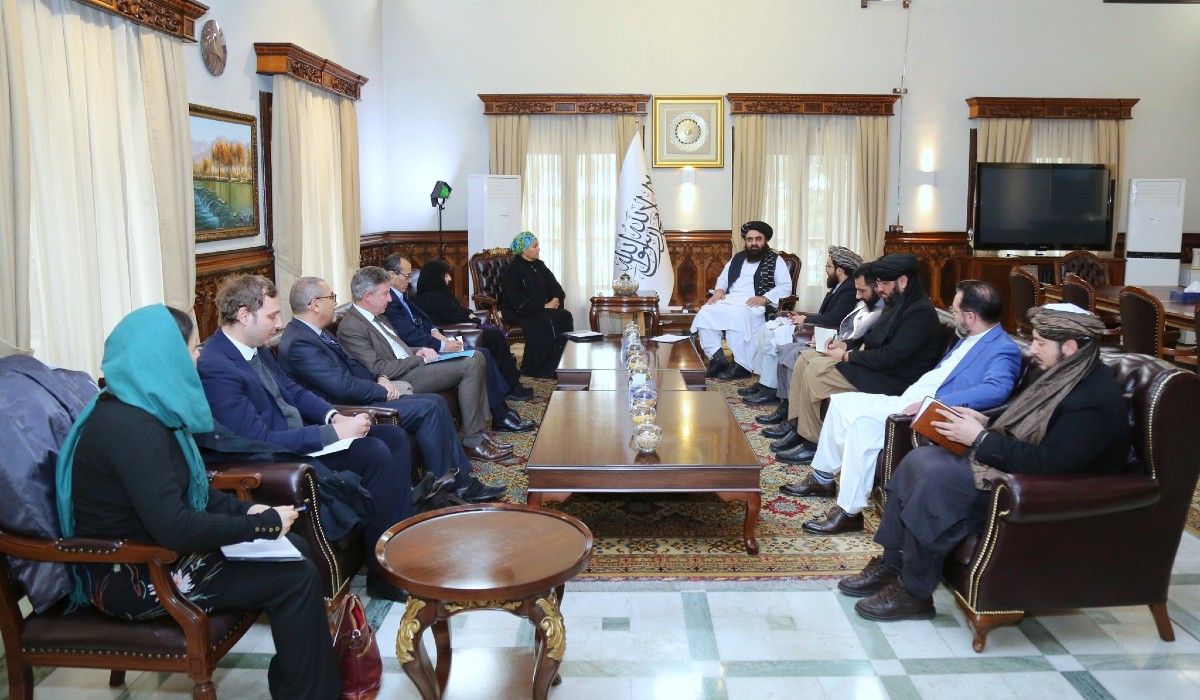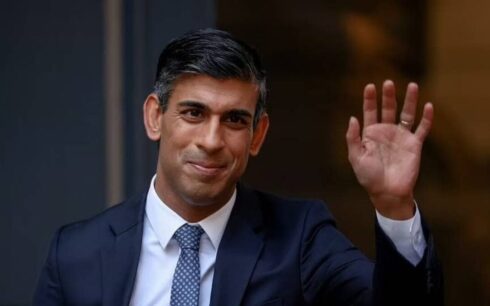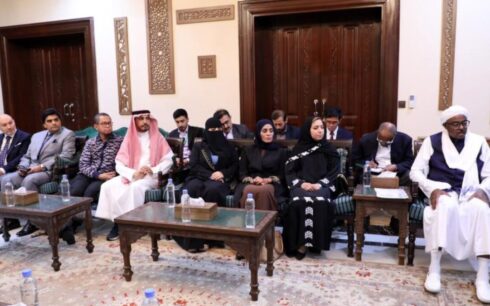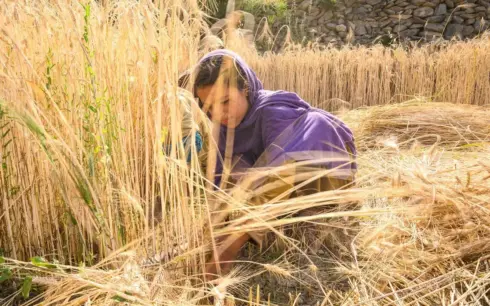The Taliban’s position on women and girls’ education and female aid workers has yet to change as a high-ranking delegation from the United Nations met with senior officials of the Taliban-led administration in Kabul on Wednesday.
The Taliban in December 2022 banned women from working in non-governmental organizations and ordered female students at universities to stay at home until the next announcement. The decisions triggered global reactions.
The UN deputy secretary-general Amina Mohammed met the Taliban’s acting foreign minister on Wednesday to discuss women’s education and work.
Amina Mohammed was in Kabul as part of a series of meetings that included stops in Turkey, Qatar and Pakistan to discuss the situation in Afghanistan with diplomats, the Afghan diaspora and the Organization of the Islamic Conference (OIC).
In Kabul, she met the Taliban’s acting foreign minister Amir Khan Muttaqi, according to the ministry’s spokesman.
Muttaqi said a lack of formal recognition, travel restrictions on Taliban leaders, and banking sanctions were causing problems and that the international community should address them, according to a foreign ministry statement.
He added that women were able to work in health and education.
“As the Minister of Foreign Affairs, I have to satisfy you and my government and people, now you tell me what the international community has done and I can satisfy my elders and the nation with that? Sanctions have been imposed on Afghanistan, there are restrictions on the banking system, traders are facing problems, they can’t even transfer money to buy food,” Muttaqi said.
The UN delegation, which arrived in Kabul on Monday, includes Deputy Secretary-General Amina Mohammed and Sima Bahous, executive secretary of UN Women, spokesman Farhan Haq said.
Also attending is Khaled Khiari, a senior official of the UN Department of Political Affairs, Haq said, declining to give further details of the visit citing security reasons.
Last week, UN Secretary-General Antonio Guterres denounced the “unprecedented, systemic attacks on women’s and girls’ rights,” which he said, “are creating gender-based apartheid.”
The UN delegation arrived in Afghanistan after visiting a number of Gulf, Asian and European countries where they discussed the situation in the country.
Haq said the UN officials were urged to convey “the urgency of the situation,” and put across a “clear consensus… on the issue of women’s and girls’ rights to work and have access to education.”
The visit comes in the wake of extreme restrictions being imposed on women by the Taliban, including the education ban on women and girls and the ban on women working for NGOs.
While details of the delegation’s visit to Afghanistan are sketchy, former president Hamid Karzai tweeted Wednesday morning that he had met with Amina Mohammad and her accompanying delegation.
He said in a series of tweets that the issue around women’s and girls’ education was discussed in their meeting along with the need for women to return to work.
Analysts said that the UN is trying to put pressure on the Taliban through such trips but it “is hard to change the group’s position” on some issues.
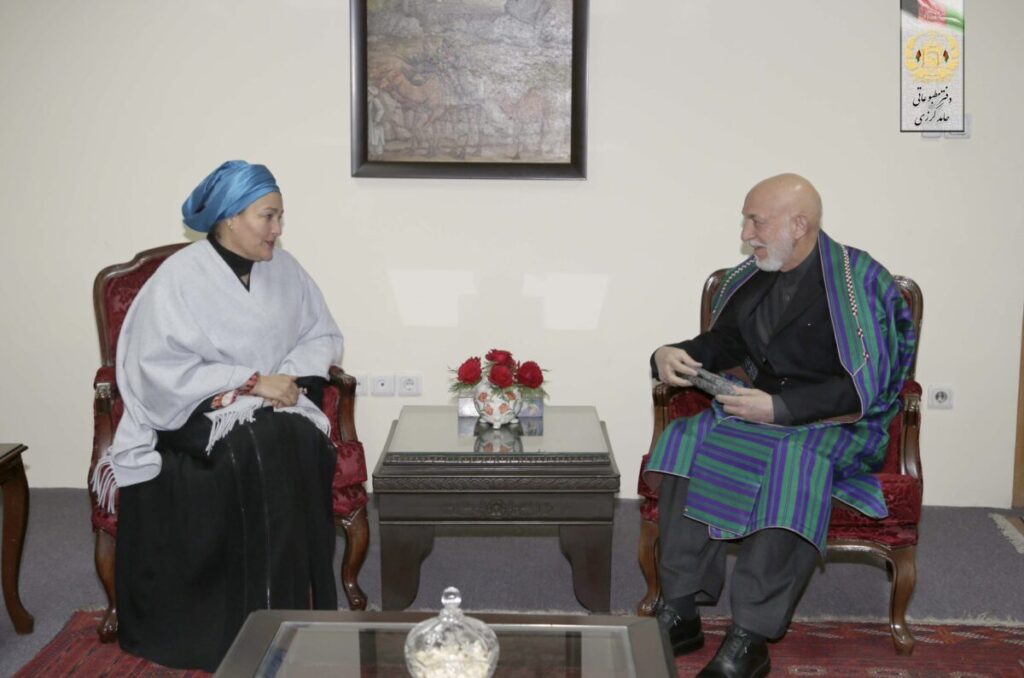
“We cannot convince a group or a movement to change its nature,” said Wali Frozan, an analyst in political affairs. “The Taliban has fought in favor of these restrictions for 26 years. They will not show flexibility no matter how much effort is made.”
“If accepted by the Taliban, these trips can help in the reduction of people’s suffering and prevention of further crisis in the country,” said analyst Noorullah Raghi.
Girls’ secondary schools have been closed in the country for the past 500 days, leaving at least 1.1 million girls away from school.

